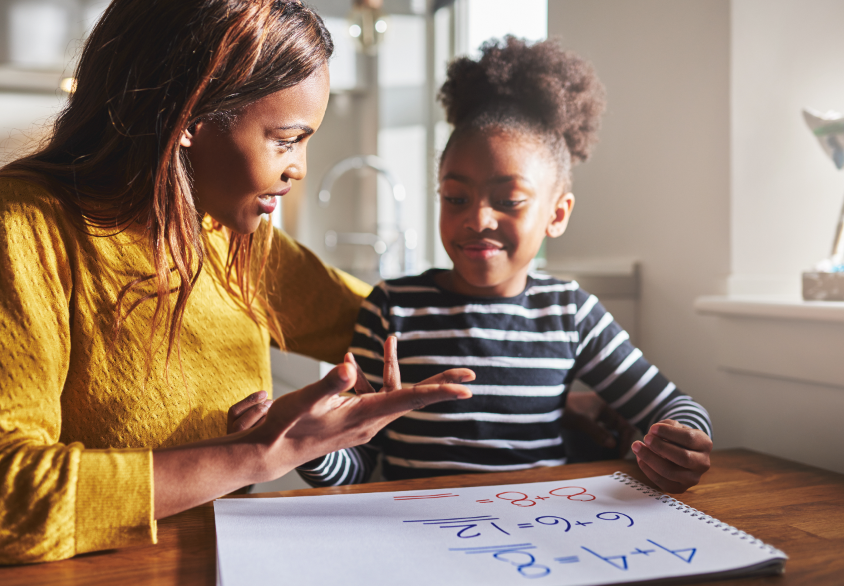Wendy Cobb and Bea Stevenson discuss how parents and school staff can work together to support themselves and young people to continue to thrive as we navigate through a global pandemic.
Scaling up investment in mental health, the goal of this year’s World Mental Health Day, is not just about how much of their limited budgets schools spend on responding to mental health concerns. It is also about the proactive choices we can make today to future proof the emotional health and life chances of us all post Covid-19.
Families and schools must support one another to stay well during these times of uncertainty, with effective communication, trust, and nurturing relationships. These relationships – above all else, including ‘catch up’ learning – must be prioritised in order to support children’s emotional health as we navigate the unpredictability of a global pandemic. Here, we offer three simple ways that parents and teachers can work together to support themselves and young people to continue to thrive:
1. Be open to difficult feelings:
All the individuals in your school community will all have faced challenges over the last six months and there are likely to be a whole range of feelings arriving at school on a daily basis. Anxiety, anger, excitement, fear, relief, sadness- from parents, staff and children. As adults, we can support ourselves, and children, by recognising and acknowledging these feelings, and by talking about them openly. This will then give us the ability to find ways to manage these difficult feelings in a way that is safe and supportive.
2. Empathise
It can be hard to know where to start a conversation about these difficult feelings, especially if the way they are manifested in behaviour is challenging; for example with a parent at the school gate, anxious about safety, who is shouting, or a staff member frustrated by the burden of additional risk assessments who seems disengaged. If we recognise that all behaviour is driven by feelings (both in adults and children) staff and parents can respond to challenging behaviour by tentatively suggesting the feeling that is driving it. So as a staff member responding to a parent who is anxious: ‘You sound really worried about this’, and as a parent looking to talk to a staff member who seems disengaged ‘I’m wondering if you aren’t able to talk about this right now’. Empathy builds relationships, and models to the children how we can support one another in managing these difficult feelings.
3. Think about what you can influence:
We are all managing a huge amount of uncertainty: the health of our friends and family, whether or not we will go back into lockdown, what this will mean for our futures. This lack of feeling in control can make us feel very unsafe. Parents and staff in school can support themselves, and their children, by thinking about what IS in their control, and in doing so, move from feeling powerless, to having personal power. So, what do you still have choice in? How you get to school in the morning… How you respond to a parent who is anxious at the school gate…How you support the child at home or in the classroom who is finding it hard to concentrate… Reframing our sense of what we can influence can be really helpful.
Investment in mental health is something we can all profit in, if we support each other as the adults in our children’s lives.
Teachers and staff can visit the Family Links webpages – which offers a free online course – supporting staff to promote good emotional and mental health in schools.
Bea Stevenson is Head of Education at Family Links Centre for Emotional Health and Wendy Cobb is Senior Lecturer in the Faculty of Arts, Humanities and Education.
 Expert comment
Expert comment Emma Grafton-Williams
Emma Grafton-Williams 2202
2202


